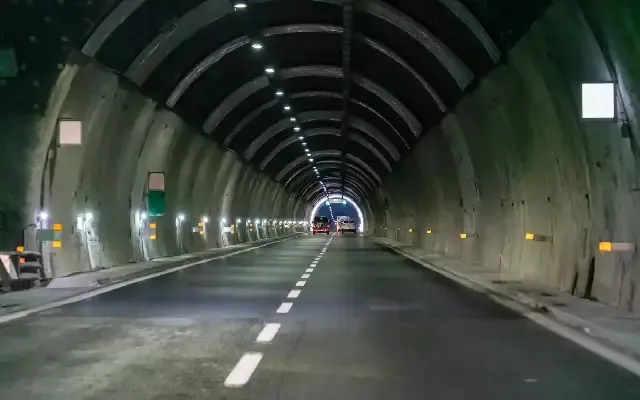The Karnataka Cabinet’s recent endorsement of a tunnel road project connecting Hebbal to Silk Board Junction has sparked debate over its practicality and expense. This initiative, designed to alleviate traffic congestion, has been proposed as a pilot project with a projected cost of Rs 12,690 crore for an 18.5-km stretch. This amounts to an astonishing Rs 685 crore per kilometre, a figure that raises concerns given the government’s claim of minimal land acquisition costs.
The feasibility study, conducted by a government-appointed consultant, initially recommended two tunnel roads: one extending from Hebbal to Silk Board Junction and another from Old Madras Road to Gaali Anjaneya Temple on Mysuru Road, with several interchanges. However, the Cabinet has opted to proceed with the Hebbal to Silk Board route first, featuring a twin-tube, single-level design. This decision has been criticised for its lack of public consultation and the high financial outlay.
Critics argue that such monumental projects may not address Bengaluru’s persistent traffic issues effectively. The city’s experience and global trends suggest that expanding road infrastructure can exacerbate congestion by encouraging more private vehicle usage. Instead, experts advocate for prioritising improvements in public transportation. Investments should focus on upgrading existing roads, enhancing the metro network, expediting suburban rail projects, and improving BMTC services. Without addressing these foundational issues, embarking on high-cost infrastructure projects may lead to inefficiencies and potential corruption.
The proposed tunnel road project thus demands a re-evaluation. It is essential for the government to consider public feedback and explore more cost-effective and sustainable alternatives before committing to such a high-profile initiative. The Cabinet should delay the project to ensure it aligns with broader urban planning goals and public interests.


